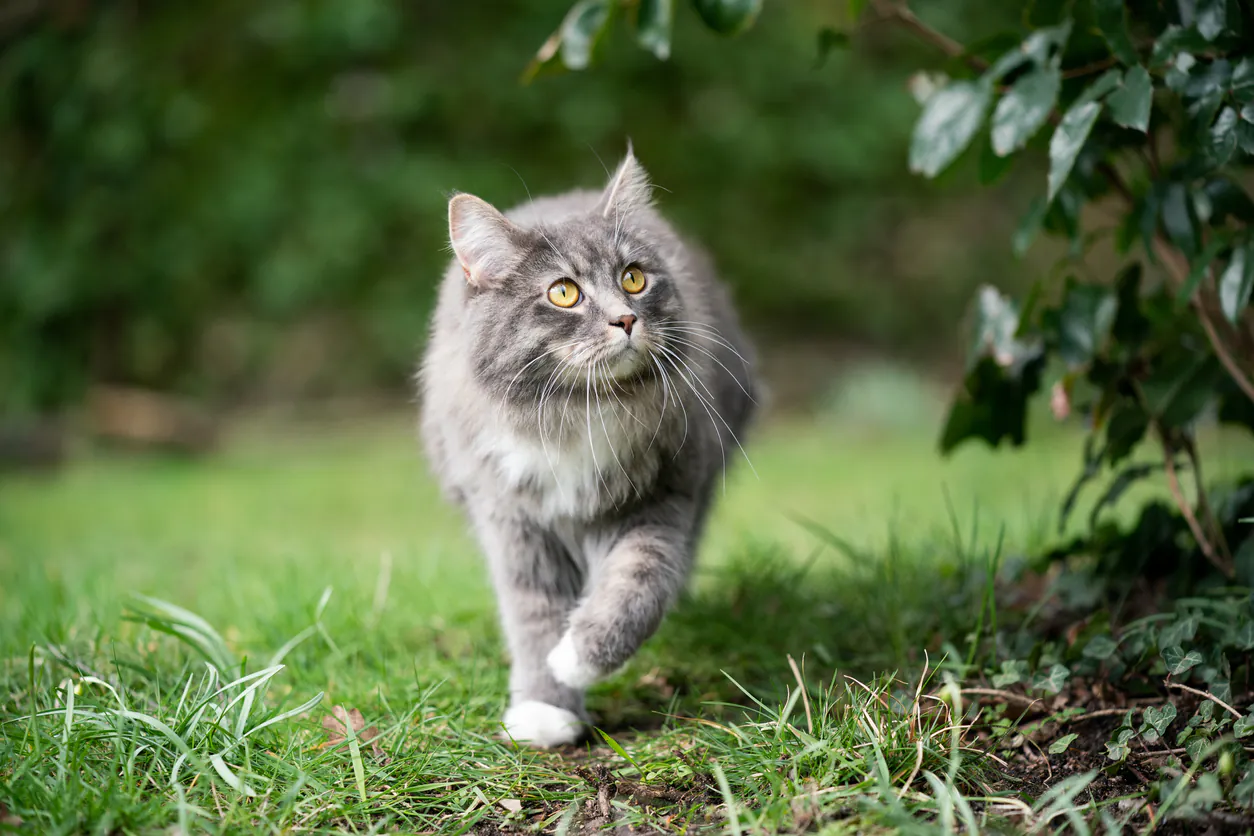Whether your cat has gotten lost or has been ignoring its food for some time, you’re probably wondering how long it can survive without eating or drinking. The answer may surprise you!
Up to 2 weeks without food
Technically, a healthy cat can last approximately two weeks without food. And this only if he always has access to water. But you should still know that after two days without eating, this will already have consequences on your physical state. In fact, he will be more and more weakened, even going so far as to feel unwell.
Not to mention that he may end up declaring a hepatic lipidosisa liver disease that is fatal if not treated promptly. Indeed, when a cat stops eating, its body draws on fat reserves in order to transform it into energy. But the livers of our feline friends are particularly sensitive and have difficulty processing fat quickly. The latter then ends up accumulating in the liver tissue, causing the disease. In fact, many cats would not survive more than four or five days without food.
Note also that, against all expectations, cats who were overweight before stopping eating are more likely to die quickly. For what ? Quite simply because there is more fat to break down, the liver can quickly become overwhelmed.

Furthermore, cats are dependent on animal proteins which contain essential amino acids, vital for them. This is why meat must be at the heart of their diet. Indeed, their body cannot produce these amino acids, so it is essential that they find them in their food. However, if a cat were to eat food that does not contain it, it would also suffer from malnutrition.
Good to know : if your cat has not eaten anything for more than 48 hoursit is strongly recommended to consult a veterinarian quickly.
Up to 4 days without water
On average, a cat can survive three to four days without water. It is therefore significantly less than for food. The reason is simple, after 24 hours without having drunk a single drop, the animal will begin to dehydrate.
THE signs that indicate dehydration in cats are easily recognizable: sunken eyes, less elastic skin, appearance of the third eyelid, loss of appetite, fatigue, panting, dry gums, etc.
In fact, it is essential to always leave a bowl of fresh water for your cat. And to ensure that he hydrates more during periods of high heat. Easier said than done, you might say. But know that there are tips to encourage your cat to drink water, such as replacing its bowl with a water fountain.
Could my cat find its food alone?
If your little one could no longer find his way home, would he be able to feed himself? In reality, it all depends on your cat. Indeed, Not all felines have the same hunting skills. Especially since most domestic cats have become so accustomed to being offered their food without having to make any effort that they would not last long in the wild.
Yes, even if today’s cats still retain certain instincts from their wild ancestors, they remain no less domesticated!


